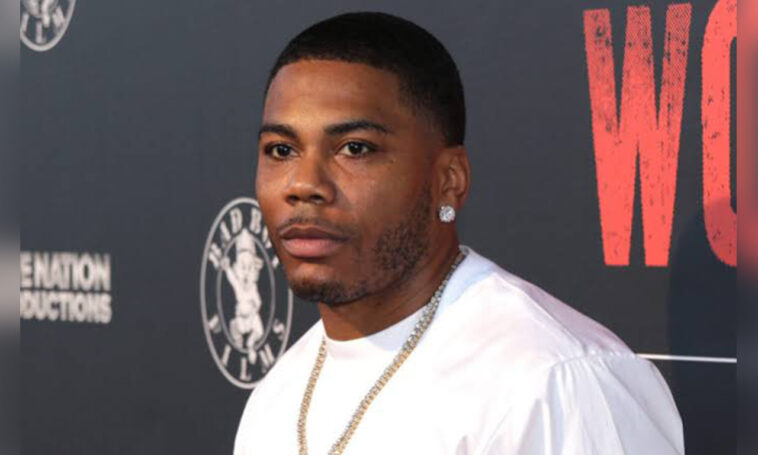Rapper accused of copyright infringement by former bandmates regarding their contributions.
Nelly, the renowned rapper, is currently embroiled in a lawsuit with his former bandmates from the St. Lunatics. The dispute centers around his iconic 2000 album, Country Grammar. This album propelled Nelly to stardom, but now his former friends are seeking justice over their alleged contributions to several tracks.
The lawsuit was filed in New York on September 18, 2023. The plaintiffs, Ali Jones (known as Ali), Torhi Harper (Murphy Lee), Robert Cleveland (Kyjuan), and Lavell Webb, claim to be the rightful authors of the lyrics for eight songs from Country Grammar. They are seeking a jury trial and damages, stating they deserve at least $50 million for what they describe as “unlawful, illegal and infringing conduct” by Nelly.
The songs in question include popular tracks like “Steal the Show,” “Batter Up,” and “Gimmie What You Got.” The St. Lunatics assert that these compositions were unlawfully utilized by Nelly, whose real name is Cornell Iral Haynes Jr. According to the complaint, Nelly did not write the lyrics for these songs but instead used the work of his bandmates to create Country Grammar.
“This situation highlights the importance of transparency and fairness in the music industry,” a representative for the plaintiffs stated.
The St. Lunatics are now taking a stand against what they perceive as unjust practices.
The history of the St. Lunatics and Nelly dates back to their childhood in St. Louis, Missouri. They formed their group in 1993, working tirelessly to break into the music industry. The lawsuit claims that while Nelly had significant performance skills, he lacked the songwriting talent that his bandmates possessed. This division of roles was crucial during the group’s early years as they performed and recorded demos.
Between 1993 and 1997, the St. Lunatics worked hard to gain attention. They released their first single, “Gimme What You Got,” which became a commercial success and opened doors for them. In 2000, both Nelly and the St. Lunatics signed record deals with Universal Music Group, setting the stage for Country Grammar.
As Nelly’s solo career took off, the St. Lunatics claim they contributed to many of the songs on Country Grammar. They allege that during the recording process, Nelly did not dispute their songwriting contributions. In fact, they state that Nelly publicly acknowledged their role as lyricists and promised to ensure they received proper credit for their work.
Despite these assurances, the St. Lunatics assert that they were ultimately excluded from receiving any credit or financial compensation for their contributions. They claim that they discovered in 2020 that Nelly had misrepresented his ownership of the songs, allowing others to receive credit and royalties meant for them.
The lawsuit paints a picture of betrayal. The St. Lunatics say they trusted Nelly, believing that their friendship would prevent him from taking credit for their hard work. They expressed that they did not initially pursue legal action, hoping that Nelly would honor his promises.
The stakes are high for both parties involved. If the court finds in favor of the St. Lunatics, it could have significant financial implications for Nelly. The case also raises questions about the nature of collaboration in the music business. Artists often rely on their teams for songwriting and creativity, and disputes like this underscore the need for clear agreements.
As the legal battle unfolds, the music community is watching closely. Nelly has built a successful career with hits that resonate with many fans. However, this lawsuit could tarnish his reputation if the allegations are proven true.
The St. Lunatics are determined to fight for their rights. They want recognition not only for their contributions but also for the integrity of their artistry. As the legal proceedings move forward, the outcome will set a precedent for how similar disputes are handled in the future.
Nelly has yet to publicly respond to the lawsuit. Fans are left wondering how this situation will affect his career and the legacy of Country Grammar. The impact of this legal action will extend beyond the courtroom, influencing discussions about fairness and recognition in the music industry.
The next steps in this case will be crucial. Both sides will prepare for what promises to be a significant legal battle over creative rights and financial compensation. The St. Lunatics are seeking justice, and the music world is eager to see how it unfolds.






Join the Community and Be a Part of the Conversation
You must be logged in or registered to post a comment.